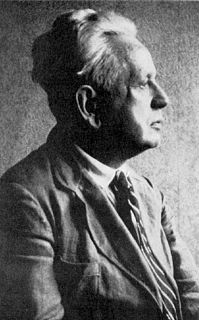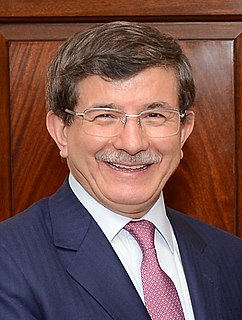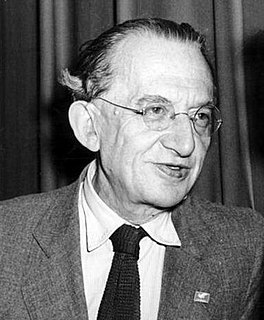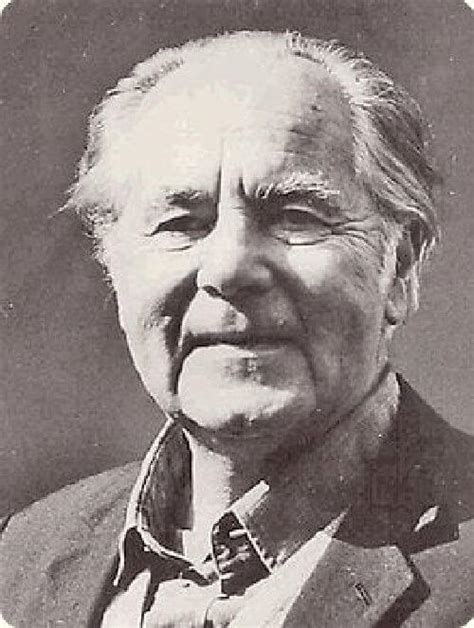A Quote by Martin Heidegger
From our human experience and history, at least as far as I am informed, I know that everything essential and great has only emerged when human beings had a home and were rooted in a tradition. Today's literature is, for instance, largely destructive.
Related Quotes
No individual and no generation has had enough personal experience to ignore the vast experience of the human race that is called history. Yet most of our schools and colleges today pay little attention to history. And many of our current policies repeat mistakes that were made, time and again, in the past with disastrous results.
The Seascapes are before human beings and after human beings. The Seascapes were there before our presence, and when our civilization is over, seascapes will still exist. Our presence is temporary. Civilization is only 5,000 to 6,000 years. The history of ours, the material history of consciousness, is rather short.
If we human beings rely only on material development, we can’t be sure of a positive outcome. Employing technology motivated by anger and hatred is likely to be destructive. It will only be beneficial if we seek the welfare of all beings. Human beings are the only species with the potential to destroy the world. Because of the risks of unrestrained desire and greed we need to cultivate contentment and simplicity.
Well I know Gyuri [the familiar diminutive of Georg or György], that human beings are unapproachable, that their souls are as far from each other as stars; only the remote radiance reaches to the other. I know that human beings are surrounded by dark, great seas, and thus they look across to one another, yearning but never reaching one another
Can any rational person believe that the Bible is anything but a human document? We now know pretty well where the various books came from, and about when they were written. We know that they were written by human beings who had no knowledge of science, little knowledge of life, and were influenced by the barbarous morality of primitive times, and were grossly ignorant of most things that men know today.
In the past, destruction of your neighbour might have been considered a victory, but today we are all interdependent. We live in a global economy; we face problems like climate change that affect us all. The 7 billion human beings alive today belong to one human family. In the context that others' interests are in our interest and our interest is in their interest, the use of force is self-destructive.
Some of the first human beings in whom the new consciousness emerged fully became the great teachers of humanity, such as Buddha, Lao Tzu, or Jesus, although their teachings were greatly misunderstood, especially when they turned into organized religion. They were the first manifestations of the flowering of human consciousness.







































